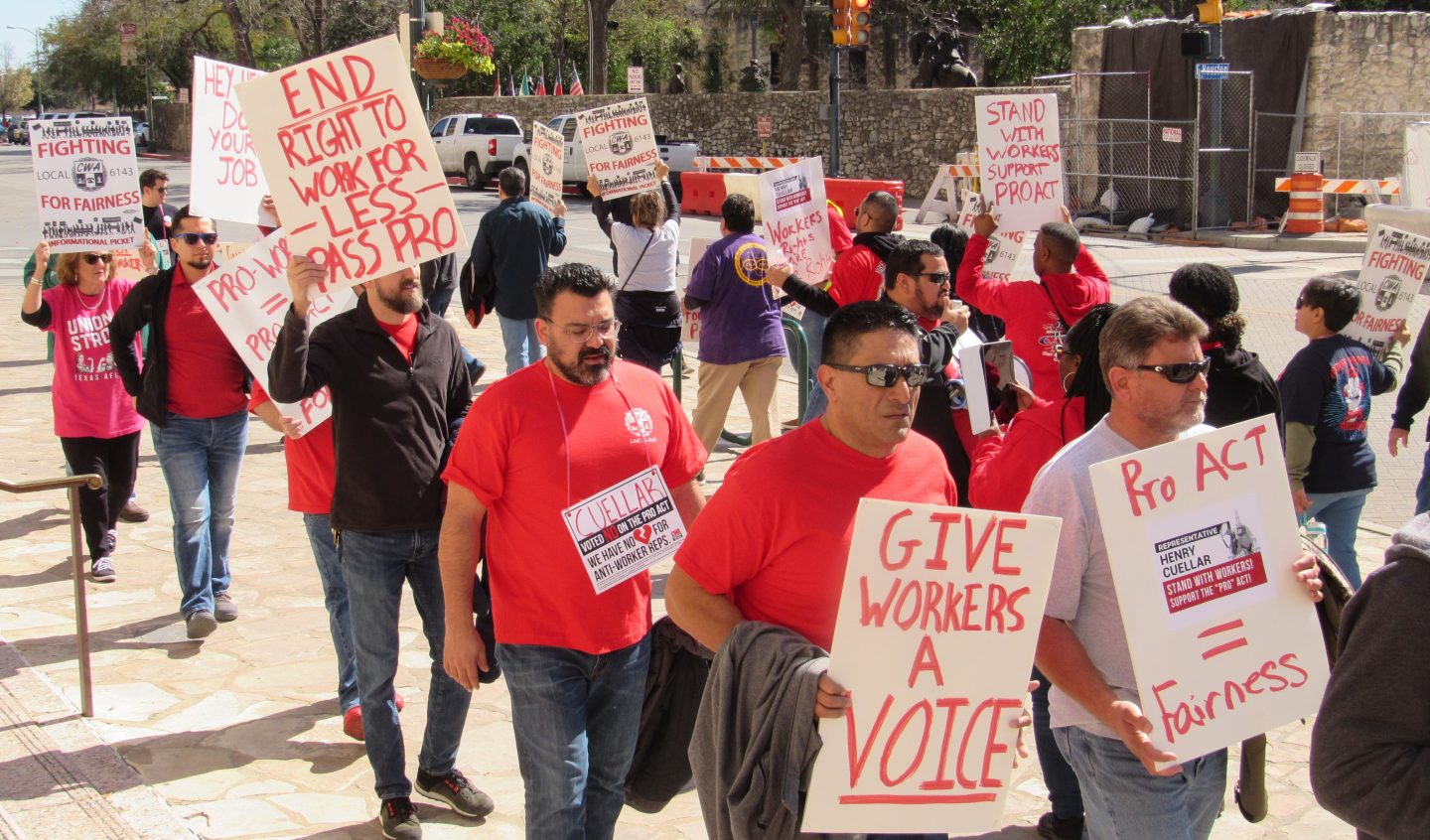On March 9, 2021, the United States House of Representatives passed the Protecting the Right to Organize (PRO) Act. The PRO Act (the Act), if it becomes law, would make vast, union-friendly changes to the National Labor Relations Act (NLRA). The legislation, which is the top priority of labor unions, currently remains stalled in the Senate.
Even if the Act doesn’t get through the Senate in its entirety, it may be possible for parts of the Act to pass the Senate and reach President Biden, who has already spoken emphatically about his support for unions and union organizing.
Passage of the PRO Act would represent the biggest change in labor law in decades. Below is a summary list highlighting some of the changes the Act would bring to existing labor law.
- Extend joint employer liability. A joint employer is held jointly and severally liable for the unfair labor practices committed by an employer if the joint employer possesses “substantial direct and immediate control” over the employer’s employees. The PRO Act would extend liability for joint employers by creating liability based on the mere existence of reserved or indirect control over the employer’s employees.
- Expand the definition of “employee” by narrowing the definition of both supervisors and independent contractors. The NLRA governs employees rather than supervisors or independent contractors, and the PRO Act would redefine who qualifies as a supervisor and an independent contractor. As to the definition of a supervisor, the PRO Act eliminates two elements of the current definition (“assign” and “responsibly direct”) and requires that a supervisor act in that capacity for a majority of their work time. For independent contractors, the Act implements the “ABC” test. To be classified as an independent contractor, the ABC test would require that a worker be free from the purported employer’s control, operate outside the typical course of the purported employer’s business, and be customarily engaged in an independent trade. With this test, the NLRA would likely cover gig workers, such as Lyft drivers and Instacart shoppers.
- Eliminate right-to-work protections. Currently, 27 states have established right-to-work protections that prohibit employees from being compelled to pay union dues or fees as a condition of their employment. The PRO Act would allow unions to insist that a collective bargaining agreement compel all employees in a bargaining unit to pay union dues or fees, even if they do not want to.
- Allow more picketing and more strikes. The NLRA permits only picketing when it is directed at a primary employer with which the union has a lawful dispute. The PRO Act would permit secondary picketing, meaning that unions could picket a neutral employer for the purpose of pressuring it to cease doing business with the primary employer. The PRO Act also would expressly permit intermittent strikes.
- Eliminate an employer’s right to permanently replace economic strikers and prohibit offensive lockouts. This change would overturn long-standing U.S. Supreme Court precedent on the right of an employer not to discharge workers whom it has hired during a strike.
- Enhance remedies and penalties. The PRO Act would allow for liquidated damages, civil penalties (which can be doubled if there was another violation in the last five years), and statutory remedies for cases of discrimination and retaliation. Under the Act, the NLRB could hold directors and officers liable for civil penalties in situations in which they directed or committed the violation, had established a policy that led to such a violation, or had actual or constructive knowledge of and the authority to prevent the violation and failed to prevent the violation, among other things.
